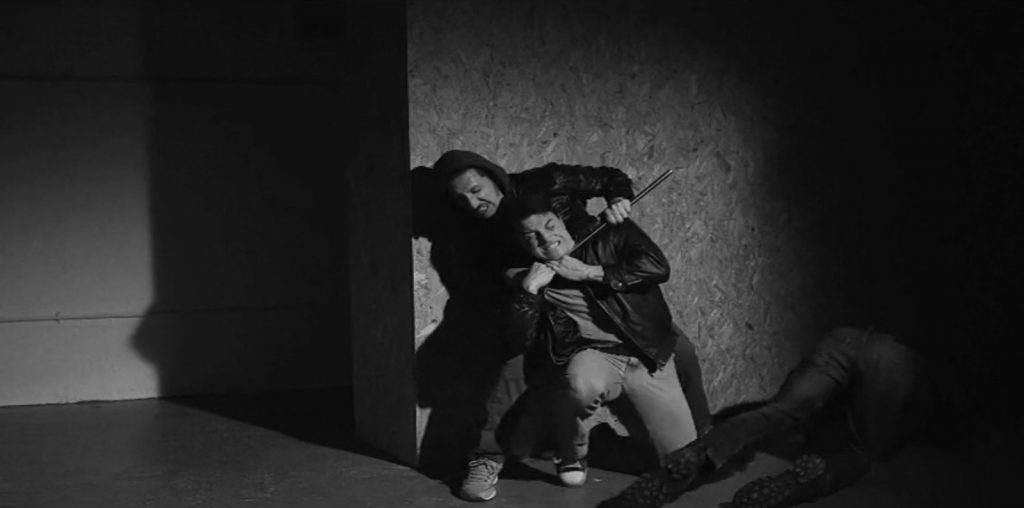
Lanie Kerrigan has it all: looks, a pro baseball player fiancé, a cushy TV news job in Seattle, and the prospect of an even cushier broadcast job on a national scale. She may be vain, but that doesn’t necessarily make Lanie a bad person, but per Hollywood standards that’s enough for her to be in dire need of a major life upheaval. So goes her “Life or Something Like It,” but the only type of lives this glossy comedy-drama resembles are ones in formulaic mainstream movies.
Lanie (Angelina Jolie) gets her wake-up call when doing a story on a street prophet named Jack (Tony Shalhoub) declares on the air that she will die in a week’s time. When the other prognostications Jack made come true, Lanie is compelled to reevaluate her life and determine what matters most before her time runs out. Suddenly, being the glamorous trophy wife to a pro athlete or a successful television personality matters nothing in the grand scheme–or what remains of it for her, that is.
Hence uptight, carefully styled Lanie seizes the day, trading in designer power suits for ratty T-shirts and–in that ultimate movie expression of cutting loose–leads a sing-along to a classic rock tune (in this case, the Rolling Stones’ “Satisfaction”) during a live report that her producer inexplicably allows to go on for a while. That last example is reflective of all of “Life or Something Like It”: absolutely preposterous yet completely in line with the expected formula. There’s no convincing reason why Lanie should fall for her scruffy cameraman Pete (Edward Burns)–certainly not the chemistry between Jolie and Burns, because there isn’t any–except that they bicker a lot in that typical love-hate way and, for good, sensitive measure, he happens to have a cute l’il moppet of a son. Like clockwork, Lanie can’t resist him for long.
All of this would’ve been forgivable, or at the very least watchable, if the film were as funny and moving as it tries to be. When the jokes in John Scott Shepherd and Dana Stevens’ screenplay are mostly at the expense of such easy targets as television news (particularly one Barbara Walters-esque interviewer, played by Stockard Channing) and Lanie’s blonde ambition, it’s not difficult to see why the intended laughs fall flat. The film actually works somewhat better on the more serious side, particularly because Jolie is an inherently likable actress (even with that garish, platinum blonde newscaster bouffant), but there’s little else reason to care about Lanie’s existential crisis beyond liking her portrayer. Director Stephen Herek certainly doesn’t come up with anything, and he fails to make the swings between silliness and schmaltz smoothly.
Will Lanie get the big job? Will she live past the week? Will she choose love over career? If she or anything else in her world in some way resembled or related life or something like it, then maybe the audience would have given a damn.

